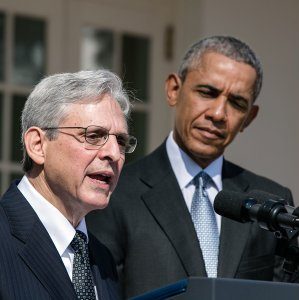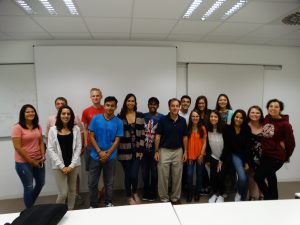My Client Was Accused of Violating the Cuba Trade Embargo (But What Trump Did Was Worse)
 I received a phone call from Larry Dupuis of the Milwaukee Office of the American Civil Liberties Union in November of 2003. He described a Wisconsin resident who had contacted the ACLU after receiving a PrePenalty Notice from the Department of Treasury. In severe language, this form accused this individual of violating the Cuban Assets Control Regulations which were promulgated pursuant to two federal statutes: the Trading With the Enemy Act and the Cuban Democracy Act. In essence, by sending him this notice, the Treasury Department wanted this individual to admit that he had traveled to Cuba and that while there he had spent money in violation of the Cuba Trade Embargo. Technically, any financial transaction between a U.S. citizen and a Cuban national was a violation of U.S. law, no matter how small. If he didn’t respond to the formal Requirement to Furnish Information (RFI), and thereby admit to violating the Cuba Trade Embargo, then he would be fined $10,000.
I received a phone call from Larry Dupuis of the Milwaukee Office of the American Civil Liberties Union in November of 2003. He described a Wisconsin resident who had contacted the ACLU after receiving a PrePenalty Notice from the Department of Treasury. In severe language, this form accused this individual of violating the Cuban Assets Control Regulations which were promulgated pursuant to two federal statutes: the Trading With the Enemy Act and the Cuban Democracy Act. In essence, by sending him this notice, the Treasury Department wanted this individual to admit that he had traveled to Cuba and that while there he had spent money in violation of the Cuba Trade Embargo. Technically, any financial transaction between a U.S. citizen and a Cuban national was a violation of U.S. law, no matter how small. If he didn’t respond to the formal Requirement to Furnish Information (RFI), and thereby admit to violating the Cuba Trade Embargo, then he would be fined $10,000.
Larry asked me to consider taking on this individual as a pro bono client, and represent him in administrative proceedings before the Treasury Department. The case raised some interesting constitutional issues. There were possible issues relating to a Fifth Amendment right not to be punished for the failure to admit to having spent money in Cuba. In addition, the Treasury Department regulations seemed to provide that the only way to dispute the RFI was to do so in person in front of an administrative law judge in Washington, D.C., an expensive proposition that raised due process concerns. The ACLU was hoping to find a “test case” that would challenge the Treasury Regulations on constitutional grounds. I agreed to take the case.
Soon after, I met with my client, a retiree on a fixed income. He was a soft-spoken man, who had gone to Cuba in 1998 on a trip with a church group. While there, he had spent a few days with his fellow church members bicycling around the island and meeting locals. This was a goodwill trip, intended to foster greater understanding between the people of Cuba and the people of the United States. Several years after his return, he received the RFI from Treasury Department alleging that while in Cuba he had spent money that went to Cuban nationals, in violation of the Cuba Trade Embargo, and demanding that he provide further information about the monies spent or else pay a fine.


